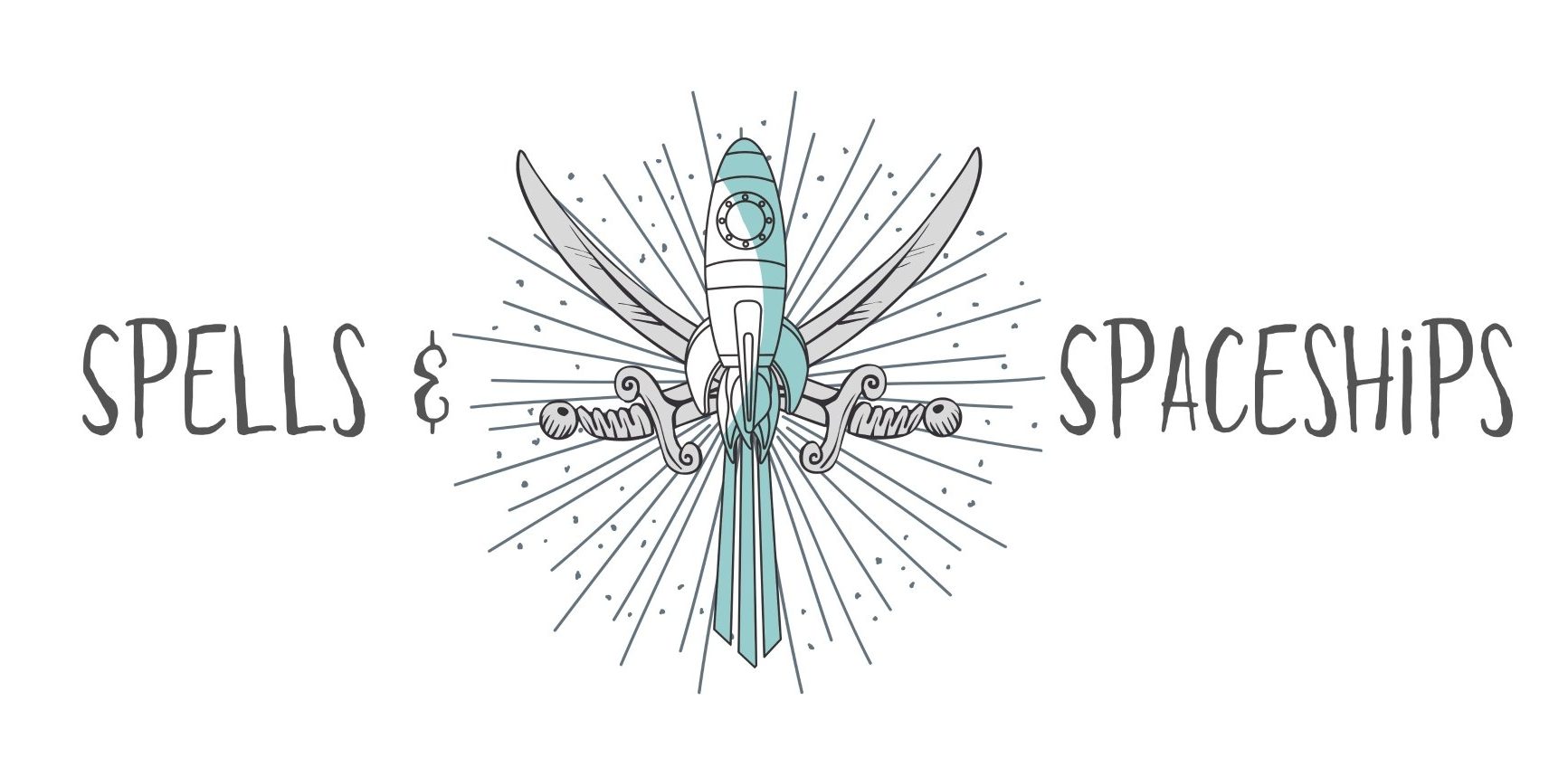How did the Vikings leave a lasting impact on the English language?
In the 4th and 5th century, there were mass migrations of the Germanic tribes that would eventually become the Anglo-Saxons in England and the Viking Danes and Norsemen of Scandinavia. Some of the Germanic tribes had already spread into southern Scandinavia by around 500BCE.
When the Saxons first conquered Britain, it was a mysterious land of shamanism and druids, fractured kingdoms and tales from Arthurian legend. The Saxons and Angles brought with them the Old Gods, Odin (or Woden in the British Isles), Thor, Freya and Tyr. The days of the week even come from these deities we attribute to ‘Norse Mythology’ but originated amongst these Germanic tribes. Tyr’sday, Woden’sday, Thor’sday and Frigg’sday – sound familiar?
We know the Anglo Saxons on the whole rejected their Pagan roots and England became Catholic. Monasteries began to appear – which of course were rich pickings for the Viking raiders, especially along the coastlines of Eastern England.
With the Viking occupations that followed and their consistent presence on English shores for over 200 years, they left behind their culture and traditions, as well parts of their language. They actually had a profound effect on Old English which was spoken at the time in England – and is very different than Modern English. Old English was a profoundly Germanic language and shared many similarities with Old Norse. It wouldn’t have been difficult to assimilate words and phrases from one into the other, the two sharing a common history further back in time.
With the successful Norman invasion of 1066 by William the Conqueror, and the subsequent Norman occupation, the English language changed massively, with Anglo-Norman and it’s later evolutions becoming dominant. It means we can understand Shakespeare perfectly well, and Chaucer in the Canterbury Tales if we concentrate, but anything in Old English before the invasion would basically be as a foreign language. If Harold Godwinson had been successful at Hastings, it’s likely the English language would retain many more Old Norse words to this day, but the change in language was so profound, Old English and it’s Old Norse influences were in effect wiped out.
As with all languages though, changes are not straightforward and bits and pieces are kept or adapted as time goes on. As such, there are still a few thousand Old English words remaining, and a sprinkling of Old Norse.
There are still dozens of words, as many as 400 words or ‘borrowings’ in fact, in modern English that are in the dictionary as a direct result of the Viking occupations of the British Isles. This short but informative video from Lingu below will give you an idea on how the Vikings left their lasting mark, linguistically.
What the video doesn’t mention is basically every word starting with ‘sk’ or ‘sc’ comes from Old Norse, too. Skate, skid, skill, skim, skin, skip, skirt, skulk, skull, sky; also: scab, scalp, scant, scare, scathe, scoff, score, scowl, scramble, scrap, scrape, scratch, scrawl, scream, screech, scrub, scum, scurvy. Yep, they’re all from Old Norse.
Perhaps even more importantly, we also get the words she/her/hers, they, them, their and are – essential components of the modern English language and the way it is spoken – with pronouns such as these especially topical, too.
Amusingly, we also have the following words (some of which are mentioned in the video) in the English language as a result of Viking occupations, which may not surprise you:
Club (the weapon), anger, irk, knife, berserk, slaughter, ransack, thrall, heathen, dirt, muck, haggle, hit, take, thwart, and… girth.
We of course also have the above mentioned scathe (to injure), skull, scrape, scream, skulk, scare and scowl.
Old Norse may sound completely alien to us English speakers today, but its influences and words permeate our language and the very way we speak 1,000 years later.

